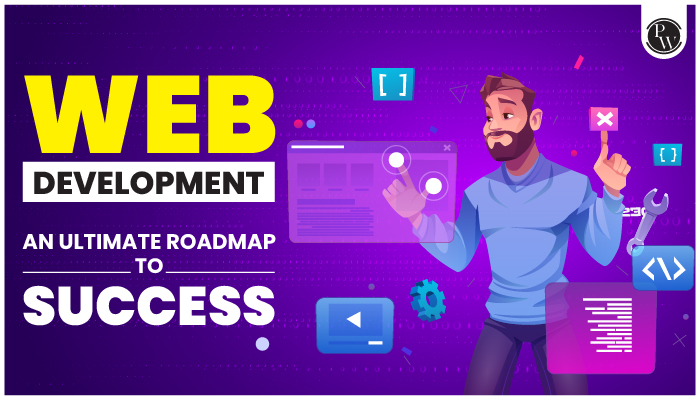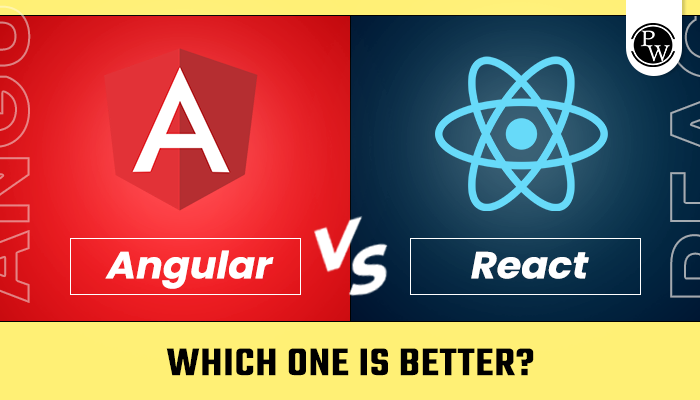Java interview questions and answers – Java is a popular programming language that has been in use for more than two decades. It is widely used in web development, mobile app development, and enterprise applications. Suppose you are looking to pursue a career as a Java Developer course. In that case, it is important to understand the language’s fundamentals well and be prepared for Java programming interviews.
.These questions cover a wide range of topics, including Java basics, object-oriented programming, Java collections, and Java concurrency. Understanding and mastering these concepts can increase your chances of success in a Java programming interview. So, let’s dive in!
Top 30 Java Interview Questions and Answers
Here are the top 30 Java interview questions and answers as well as for freshers to ace their Java Interviews:
Ques 1. What is Java?
Ans. Java is a high-level, object-oriented programming language designed to run on any platform that supports the Java Virtual Machine (JVM). It was created in 1995 by James Gosling at Sun Microsystems and is now owned by Oracle Corporation.
Ques 2. What is the difference between JDK, JRE, and JVM?
Ans. JDK (Java Development Kit) is a software development kit used to develop Java applications. It includes the Java compiler, libraries, and other tools needed to develop and test Java applications.
JRE (Java Runtime Environment) is a set of software tools used to run Java applications. It includes the JVM (Java Virtual Machine) and the core class libraries.
JVM (Java Virtual Machine) is an abstract machine that provides the runtime environment for Java applications. It interprets compiled Java bytecode and translates it into machine language for execution on the host system.
Ques 3. What is the difference between a class and an object?
Ans. A class is a blueprint or template that defines the data and behavior of an object. On the other hand, an object is an instance of a class that contains its unique data and can perform actions according to the behavior defined by the class.
Ques 4. What is an interface?
Ans. An interface is a collection of abstract methods and constant variables that define a contract for a set of related classes to implement. It is used to achieve abstraction and modularity in Java programs.
Note: These Java Coding Questions and Answers will help the candidates better understand the concepts.
Ques 5. What is inheritance?
Ans. Inheritance is a mechanism in Java that allows a new class to be based on an existing class. The new class inherits the properties and methods of the existing class and can override or extend them as necessary.
Ques 6. What is polymorphism?
Ans. Polymorphism is a concept in Java that allows objects of different classes to be treated as if they were objects of the same class. It is achieved through method overloading and method overriding.
Ques 7. What is encapsulation?
Ans. Encapsulation is a concept in Java that refers to hiding an object’s implementation details from the outside world. It is achieved through the use of access modifiers, such as public, private, and protected.
Ques 8. What is a constructor?
Ans. A constructor is a special method in Java used to initialize a class’s objects. It is called automatically when an object is created.
Ques 9. What is a static method?
Ans. A static method is a method in Java that belongs to a class rather than an instance of the class. It can be called without creating an instance of the class and is often used for utility methods.
Ques 10. What is the final keyword?
Ans. The final keyword in Java is used to indicate that a variable, method, or class cannot be changed or extended. It is often used to define constants or to prevent subclassing.
Ques 11. What is a try-catch block?
Ans. A try-catch block is a construct in Java that is used to handle exceptions. It consists of a try block, which contains the code that may throw an exception, and one or more catch blocks, which handle the different types of exceptions that may occur.
Ques 12. What is an exception?
Ans. An exception is an error condition that occurs during the execution of a program. It can be caused by a wide range of factors, including programming errors, input errors, and hardware or system failures.
Ques 13. What is a thread?
Ans. A thread is a unit of a program that can run concurrently with other threads. It allows for parallel processing and can improve the performance of a program by allowing multiple tasks to be executed simultaneously.
Ques 14. What is synchronization?
Ans. Synchronization is the process of controlling access to shared resources in a multi-threaded environment. It is used to prevent two or more threads from accessing the same resource at the same time, which can lead to data corruption or other problems.
Ques 15. What is a collection?
Ans. A collection is a framework in Java that provides a way to store and manipulate groups of objects. It includes classes such as List, Set, and Map.
Ques 16. What is the difference between ArrayList and LinkedList?
Ans. ArrayList is a class in Java that provides a dynamic array implementation, while LinkedList is a class that provides a linked list implementation. ArrayList provides fast access to elements but slow insertion and deletion, while LinkedList provides fast insertion and deletion but slow access to elements.
Ques 17. What is a HashMap?
Ans. HashMap is a class in Java that provides a hash table implementation. It stores key-value pairs and allows for fast retrieval of values based on their keys.
Ques 18. What is the difference between equals() and == in Java?
Ans. The == operator in Java compares two objects for reference equality, while the equals() method compares two objects for value equality. Value equality means that two objects have the same content, while reference equality means that they are the same object in memory.
Having clarity about these Java questions and answers for freshers and experienced will help you understand the concepts better and help you with your written examination and your personal interview.
Ques 19. What is a JDBC?
Ans. JDBC (Java Database Connectivity) is a standard API for connecting Java applications to relational databases. It allows Java programs to interact with databases through SQL queries and provides a set of classes and interfaces for this purpose.
Ques 20. What is a servlet?
Ans. A servlet is a Java program that runs on a web server and processes HTTP requests from clients, such as web browsers. It is used to generate dynamic web content and can be used to implement web applications and services.
Ques 21. What is a JSP?
Ans. JSP (JavaServer Pages) is a technology in Java that allows for the creation of dynamic web pages. It is similar to servlets but allows for embedding Java code into HTML pages.
Ques 22. What is a session in Java?
Ans. A session in Java refers to a period of time during which a user interacts with a web application. It allows for the storage of user-specific data, such as login information or shopping cart items, across multiple requests.
Ques 23. What is a cookie in Java?
Ans. A cookie in Java is a small text file that is stored on a user’s computer by a web browser. It is used to store user-specific information, such as login credentials or preferences, and can be accessed by a web server.
Ques 24. What is the difference between a checked and unchecked exception?
Ans. A checked exception is an exception that must be caught or declared in a method signature. It is used for expected error conditions, such as file I/O errors. On the other hand, an unchecked exception is an exception that does not need to be caught or declared in a method signature. It is used for unexpected error conditions, such as null pointer exceptions.
Ques 25. What is the difference between a stack and a queue?
Ans. A stack is a data structure in Java that follows the Last-In-First-Out (LIFO) principle. It allows for inserting and removing elements at the top of the stack. On the other hand, a queue is a data structure that follows the First-In-First-Out (FIFO) principle. It allows for the insertion of elements at the back of the queue and removal from the front.
Ques 26. What is a reflection in Java?
Ans. Reflection in Java is a mechanism that allows for the examination of the internal structure of classes at runtime. It is used to inspect and modify objects and classes.
Ques 27. What is the difference between static and dynamic binding?
Ans. Static binding in Java occurs at compile-time and is used for method overloading, while dynamic binding occurs at runtime and is used for method overriding. Static binding binds a method call to a specific method based on the number, types, and order of arguments, while dynamic binding binds a method call to a specific method based on the type of object that the method is called on.
Ques 28. What is the purpose of the final keyword in Java?
Ans. The final keyword in Java can be used in different contexts to achieve different purposes. When used with a variable, it makes the variable a constant that cannot be changed. When used with a method, it prevents the method from being overridden in a subclass. When used with a class, it prevents the class from being subclassed.
Ques 29. What is the difference between a constructor and a method in Java?
Ans. A constructor is a special method in Java that is used to create objects of a class. It is called automatically when an object is created and initializes the object’s state. Conversely, a method is a block of code that performs a specific task and can be called on an object or a class.
Ques 30. What is the difference between final and singleton classes in Java?
Ans. A final class in Java is a class that cannot be subclassed, while a singleton class is a class that can have only one instance in the entire program. A final class is used to prevent further modification of a class’s behavior or implementation. In contrast, a singleton class is used to ensure that only one instance of a class is created and used throughout the program.
Conclusion
Java is a widely used programming language, and a good understanding of its concepts is essential for a successful career in Java programming. The top 30 Java interview questions and answers discussed in this blog cover a range of topics and will help you prepare for a Java programming interview.
However, it is important to note that this list is not exhaustive, and there may be other questions that you may be asked in an interview. Therefore, it is recommended to continue to research and practice to increase your chances of success. Good luck with your Java programming career!




